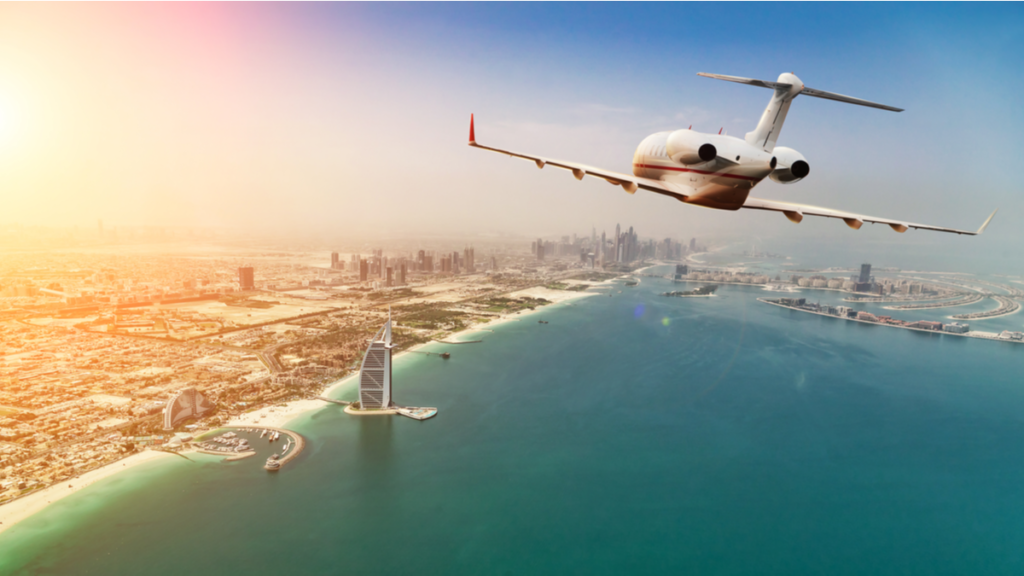As the COVID-19 crisis enters a second year airlines are still struggling to return to even a modest amount of flying activity. The Gulf has been affected as much as any region globally.
Fortunately, the UAE has been effective in rolling out an extensive vaccination programme allowing it to become a global leader. Given the importance of tourism for Dubai in particular, this is great news and along with broader efforts to build traveller confidence, will help the region’s airlines in their efforts to restore flying and rebuild their networks.
Globally airlines recognise the critical importance of successful vaccination programmes as the key to any resumption of relatively ‘normal’ travel. However, airlines do not wish to see vaccination as a condition for travel which would risk a very inequitable approach given that sadly, the speed of roll out will vary dramatically between countries
For this reason, they are also urging governments to adopt consistent pre and post travel testing to minimise the risk of infected travellers boarding flights.
Vaccination and testing measures can significantly reduce the requirement for use of quarantines which are of questionable effectiveness and are a major negative due to their impact on travel confidence. With travellers having to spend varying amounts of time in quarantine and in the case if the UK, pay to do so in a hotel for two weeks, airlines are keen to move beyond this blunt approach.
There has also been much work on developing a digital travel passport led by airline industry body IATA. The objective of this is to allow customers to upload any test results, vaccination certificates and other important information – for example, where reliable tests may be obtained and entry requirements for each country. The aim of airlines in developing this tool is not to make vaccination mandatory for travel, but rather to build confidence in travelling again by ensuring consistent and reliable information can be provided on a global basis and avoid the risk of fraudulent documentation.
Locally, the UAE’s airlines have used ingenuity and energy in adapting to the challenges of the last year.
Emirates has employed the vast majority of its Boeing 777 aircraft to operate cargo only flights, for which there is strong demand and which bring in much needed revenues. Its large Airbus A380’s have been substantially grounded but it has been progressively reintroducing some routes operated by the aircraft when quarantine and border restrictions have permitted and has gradually been building up its network.
The other major local players, Air Arabia and Fly Dubai, have been keeping as busy as they can once the initial 100% grounding orders were lifted by the UAE in July 2020. Repatriation, charter and cargo flights have been operated and step by step more regular network operations have been introduced. Air Arabia is now operating around 45% of its normal capacity. It has also been adding larger A321 NEO aircraft to its fleet and has opened up a new operation in Abu Dhabi.
Fly Dubai has seen the COVID-19 crisis coincide with the challenge of having its Boeing 737 Max aircraft grounded. Now that these aircraft have been authorised to return to service globally, it is beginning to bring its own fleet back to operation this spring after being given regulatory approval by the UAE authorities.
Despite the twin challenges, Fly Dubai has added a number of new destinations, continuing its strategy of opening up more new direct routes into Dubai.
It is encouraging to see this level of innovation and development from these airlines despite the unprecedented challenge which the industry is facing and I am delighted that Adel Alim, CEO of Air Arabia, and Ghaith Al Ghaith, CEO of Fly Dubai, will be among my interview guests at this year’s ATM Virtual.
I’ll have plenty of questions for them but why not get in touch with some your own?
